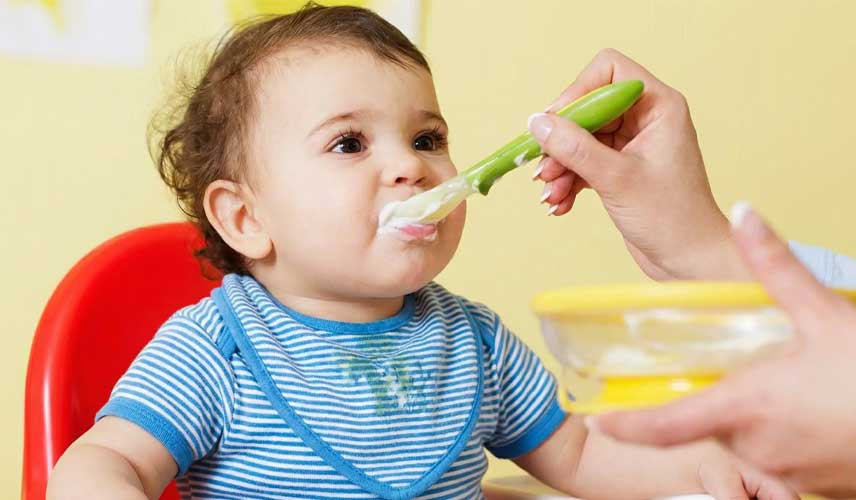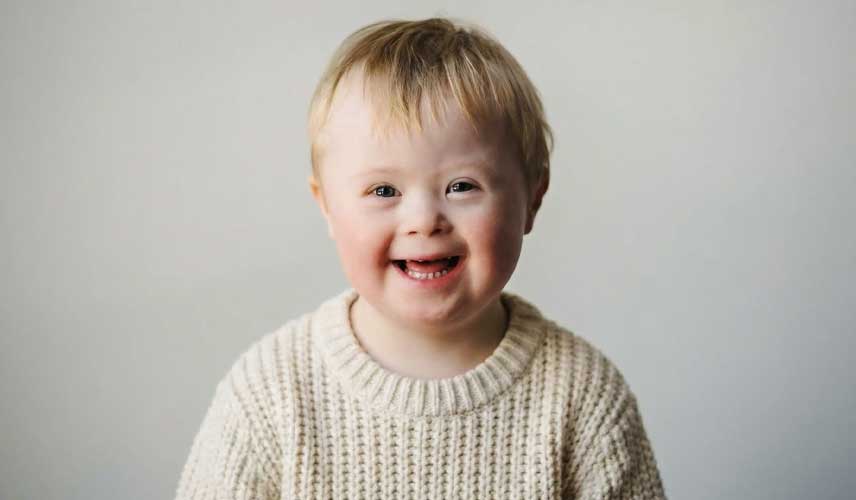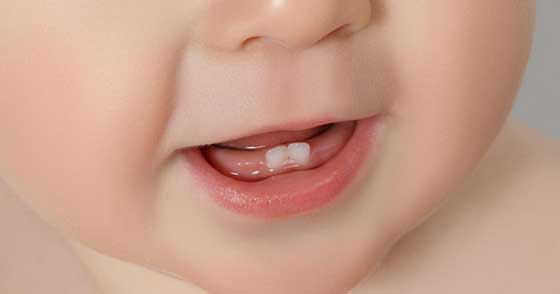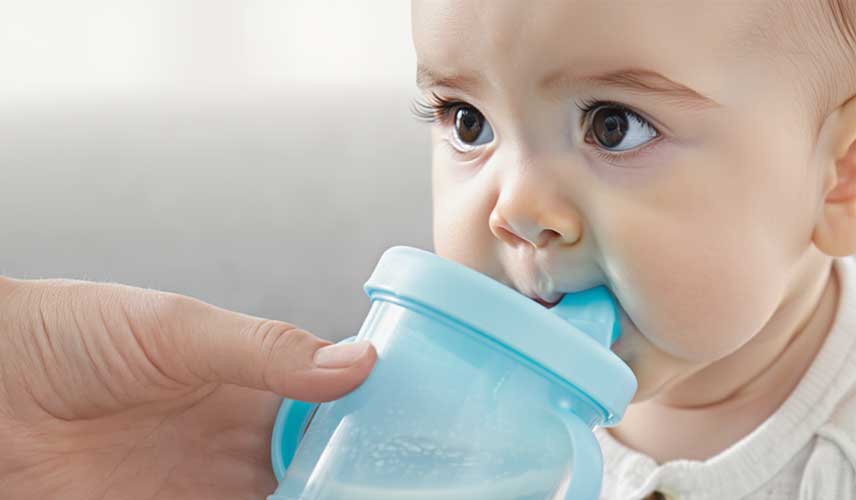
8 Factors That Cause Babies to Cry

Crying Crisis in Infants does not always indicate a worrying problem. However, it can sometimes be associated with an illness. Therefore, the general condition of a continuously crying baby should be carefully monitored by the parents.
A newborn experiences no emotions other than general contentment or discomfort until about 6 months of age. Therefore, their crying is not related to deep emotional reasons. They do not cry out of anger, fear, frustration, or sadness. Crying in the early stages is a form of communication. They communicate this way because they do not know another way to express their situation. Sometimes they may cry reflexively as well. Parents begin to decipher their child's different crying patterns without wasting much time.
Below you can find information about the factors that cause crying crises in infants. You should observe your crying baby. If they do not calm down despite meeting their basic needs, do not relax when held, and if there are additional symptoms such as vomiting, lethargy, fever, or cough, the situation may need to be evaluated by a doctor.
Causes of Crying Crises in Infants
Excessive Heat and/or Lack of Air in the Environment
The recommended room temperature for newborns is between 22 – 24 degrees, and for babies over six months, it is between 20 – 21 degrees. It is advisable to lower these temperatures by 1 degree during the night. If the room is too hot, it can disturb the baby and cause them to cry.
The decrease and drying of air in the house due to heating can also disturb babies. Regularly ventilating the house, occasionally taking the baby outside, or using a device that regulates humidity can solve the problem.
Hunger
In the first months, a baby's stomach is small and digestion is fast, so they get hungry quickly. Especially newborns need to be fed whenever they want. If a baby has not been fed for 3 hours and is sleeping, they should be awakened and breastfed.
Gas Pain
One of the common factors that cause crying crises in infants is gas pain. This problem, which decreases as the baby's intestines get used to the new feeding routine, can be resolved by passing gas in a suitable position. It is beneficial to consult a pediatric specialist in the case of a colicky baby.
Nasal Congestion
Nasal congestion in infants can lead to restlessness, poor sleep quality, throat dryness, feeding problems, and crying. The most common cause of this problem is a cold. Drops and sprays recommended by a doctor often solve the problem. Adjusting the humidity level in the room where the baby sleeps, placing a halved dry onion by the bedside, or putting a few drops of eucalyptus oil, which helps open the nose, on the pillow or bed can also be effective.
Clothing Causing Discomfort
Overly thick and tight clothing can cause the baby to feel suffocated and cry. It is sufficient to dress babies one layer more than adults. It is recommended to put a hat on a full-term baby for 10 days from birth, and for a premature baby, for 15 days; there is no need for more.
Constipation
A constantly crying baby may also be doing so due to constipation. Constipation in infants is indicated by symptoms such as hardness in the abdominal area, decreased appetite, restlessness, irritability before defecation, and foul-smelling stools. Having hard, dry, and clumped stools is also a sign of constipation. Giving the baby a warm bath and gently massaging their abdomen during this time, applying petroleum jelly or cream to the outer part of the anus, massaging from the belly button towards the outside of the abdomen, and making circles with the baby's legs can be helpful. If these do not work in the short term, it is advisable to consult a specialist without delay.
Teething
Teething symptoms vary from baby to baby, but the most commonly observed ones include increased saliva, rashes around the mouth, insomnia, loss of appetite, irritability, diarrhea or constipation, and pain and itching in the ears. Teething can also lead to weight loss or slowed weight gain in infants. Not all of these symptoms are seen in every baby. If you have concerns about this issue, you can seek help by visiting a healthcare facility with your baby.
Food Allergies
Some food items consumed by breastfeeding mothers or ingredients in formula milk can cause food allergies in infants. Food allergies in infants manifest with symptoms such as eczema-like rashes, severe diaper rashes on the sides of the bottom, bloody-mucus stools, and concerning vomiting. If there is any suspicion regarding this, it is necessary to consult a pediatric allergy specialist.
Child Health and Safety Other Content in the Category

Child Health and Safety
Newborn Care

Child Health and Safety
My Baby Refuses to Eat Solid Food

Child Health and Safety
Ways to Protect Children from the Coronavirus

Child Health and Safety
What to Do to Instill Brushing Habits in Children

Child Health and Safety
Child Safety: Medications Should Be Stored Out of Reach of Children

Child Health and Safety
10 Effective Tips for Child Health

Child Health and Safety
8 Factors That Cause Babies to Cry

Child Health and Safety
Down Syndrome Diagnosis Methods

Child Health and Safety
When Do Babies Crawl

Child Health and Safety
Information About Teething Period in Babies

Child Health and Safety
How Much Water Should Babies Drink?

Child Health and Safety
10 Things to Do for a Healthy Pregnancy

Child Health and Safety
10 Ways to Prevent Sugar Consumption in Children

Child Health and Safety
Frequently Asked Questions About Cancer and Chemotherapy

Child Health and Safety
